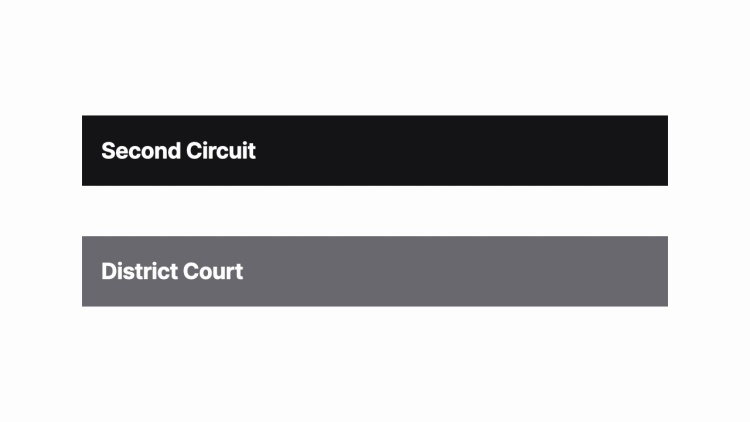Parklane Hosiery Co. v. Shore
United States Supreme Court
439 U.S. 322, 99 S.Ct. 645, 58 L.Ed.2d 552 (1979)
- Written by DeAnna Swearingen, LLM
Facts
Shore (plaintiff) brought a stockholder’s class action against Parklane Hosiery Co. (Parklane) (defendant), alleging that Parklane had issued a proxy statement that contained materially false and misleading information and statements, directly in violation of federal securities laws and the regulations promulgated by the Securities and Exchange Commission (SEC). Before the case went to trial, the SEC also sued Parklane, likewise alleging that the proxy statement Shore complained of contained materially false and misleading information and statements. Following a nonjury trial, the district court entered a declaratory judgment in favor of the SEC, finding that the proxy statement was materially false and misleading. The United States Court of Appeals for the Second Circuit affirmed the district court’s judgment. Shore then moved for partial summary judgment against Parklane, asserting that Parklane was collaterally estopped from relitigating the issue of whether the proxy statement contained materially false and misleading statements, as was determined in the SEC lawsuit. The district court denied the motion on the ground that such an application of collateral estoppel would deny Parklane its Seventh Amendment right to a jury trial. The court of appeals reversed, concluding that the Seventh Amendment preserves the right to a jury trial only with respect to issues of fact not already adjudicated in a prior proceeding. The United States Supreme Court granted certiorari.
Rule of Law
Issue
Holding and Reasoning (Stewart, J.)
Dissent (Rehnquist, J.)
What to do next…
Here's why 911,000 law students have relied on our case briefs:
- Written by law professors and practitioners, not other law students. 47,100 briefs, keyed to 997 casebooks. Top-notch customer support.
- The right amount of information, includes the facts, issues, rule of law, holding and reasoning, and any concurrences and dissents.
- Access in your classes, works on your mobile and tablet. Massive library of related video lessons and high quality multiple-choice questions.
- Easy to use, uniform format for every case brief. Written in plain English, not in legalese. Our briefs summarize and simplify; they don’t just repeat the court’s language.





